Gardening
Beneficial Insects for Garden Pest Control
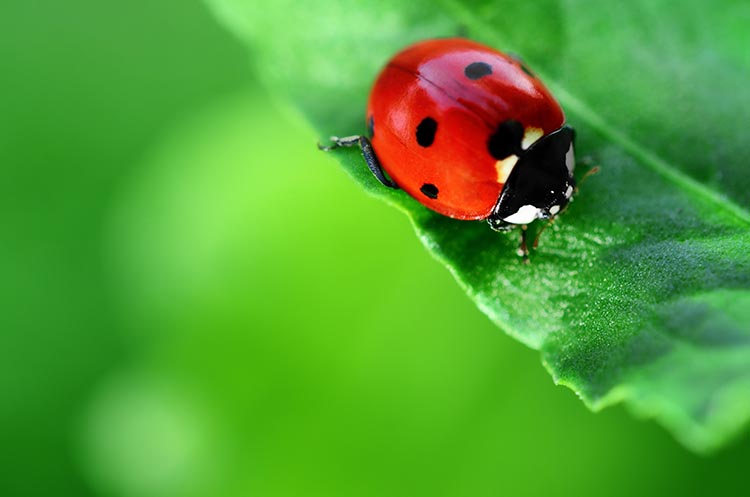
Garden pests can really be a problem in your survival garden. Learn how to deter these pests by using beneficial insects for garden.
Gardening season is well underway. As a gardener, it is likely that you are already picking your battles with common pests in the garden including caterpillars, aphids, and ants.
In a situation like this, it will be tempting to use chemical pesticide to eradicate the pest problems, but that is a method that you should not resort to. Pesticide can harm the long-term health of your garden soil and more importantly does a lot of damage to the surrounding ecosystem.
Beneficial Insects for Garden Pest Control
Earlier, we posted some great tips on using essential oils and companion plants to deter pests. To take that one step further, check out the following infographic which covers ways to eradicate pests naturally using beneficial insects.
As the infographic shows, not all insects are bad. There are many good bugs out there that eat the unwanted pests and leave your plants alone. Who would have known that the beautiful ladybug is a great predator against pests like aphids?
Beneficial insects are considered a subset of biological control, which is a method of using other living organisms to counter the presence of pests. There are many great benefits to using such a method.
First, they are great cost-savers over the long-haul. You don't necessarily have to invest money to get these bugs to roam your garden. If the beneficial insects are native to your area then planting certain flowers and herbs could do the trick to attracting them.
For example, ground beetles, which prey on pests like slugs, caterpillars, and cutworms, are known to be attracted to plants like evening primrose and amaranthus.
Second, studies are starting to show that pests are building greater resistance against chemical pesticide products. According to the Pesticide Action Network, over 500 insects and weed species have already developed some form of resistance against pesticides.
This list is likely to grow over time. With the use of beneficial insects, you can be comforted with the knowledge that the pests are being eaten so there is nothing they can resist against.
Before you make the decision to introduce the good bugs, make sure you take the following steps. First, do your research and make sure the local climate and vegetation are suitable for the insects.
The last thing you want is for the predator to peace out as soon as they are brought to the garden. Second, educate your neighbors on the use of beneficial insects.
It would be common for the bugs to move around so the one thing you won't want is for your neighbors to kill them.
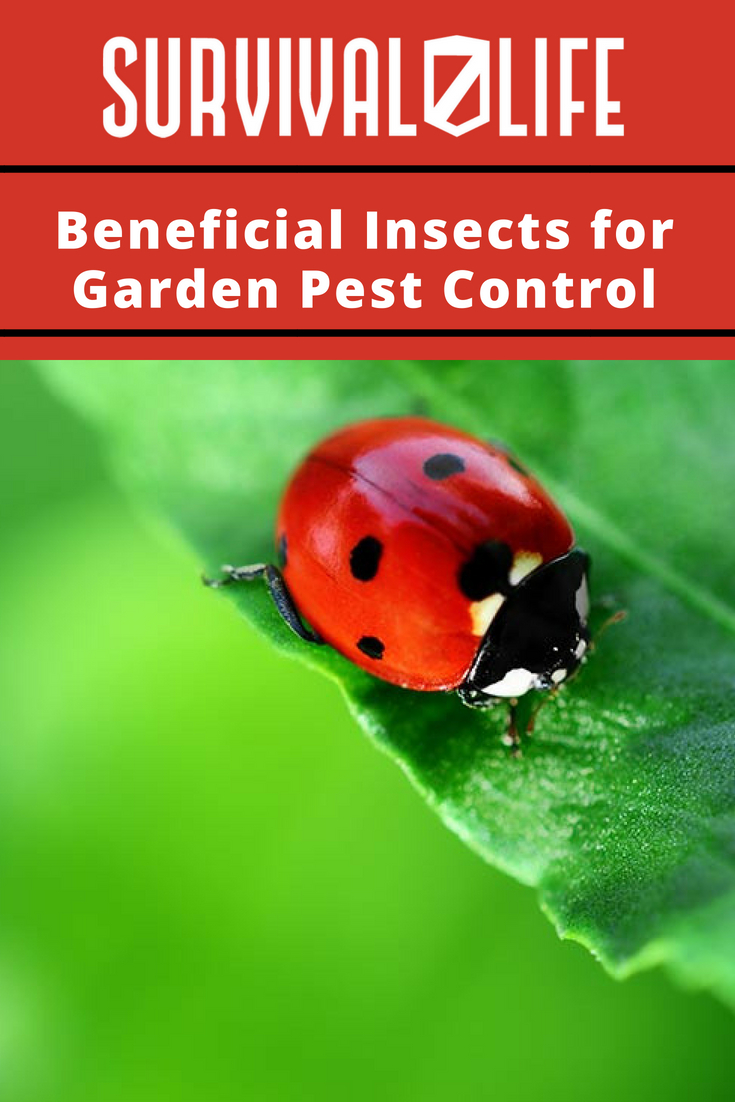
If you want to learn more about using beneficial insects then check out Organic Lesson for more information and tips.
Sam Choan is an organic gardener who manages a blog called Organic Lesson, where he shares his knowledge and experience of gardening and sustainability efforts.
Visit our friends at Garden Season for more gardening tips and tricks.
-

 Paracord Projects1 year ago
Paracord Projects1 year agoParacord Projects | 36 Cool Paracord Ideas For Your Paracord Survival Projects
-

 Paracord Projects1 year ago
Paracord Projects1 year agoHow To Make Paracord Survival Bracelets | DIY Survival Prepping
-

 Medical Care1 year ago
Medical Care1 year ago21 Home Remedies For Toothache Pain Relief
-

 Knife Laws1 year ago
Knife Laws1 year agoAre Switchblades Legal? Knife Laws By State
-

 Do It Yourself1 year ago
Do It Yourself1 year agoSurvival DIY: How To Melt Aluminum Cans For Casting



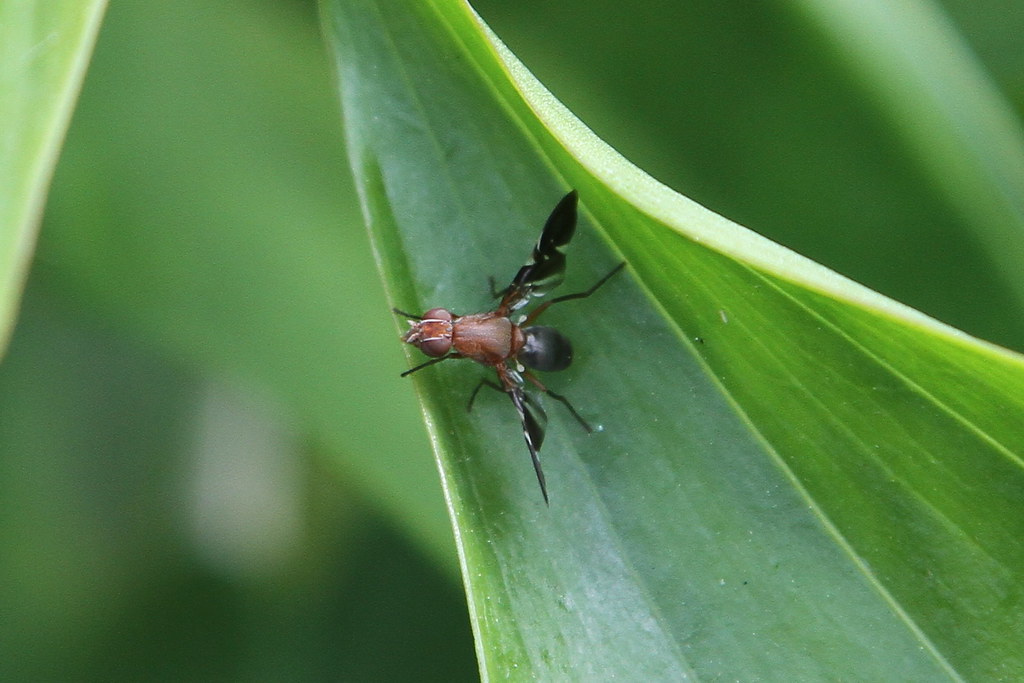
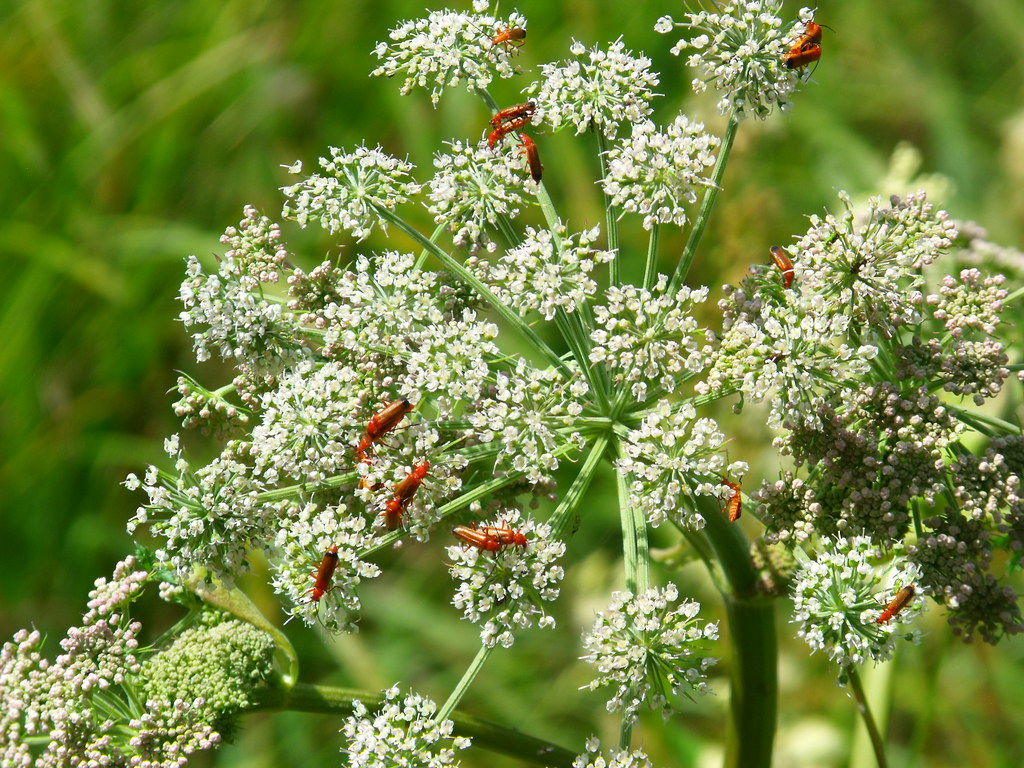







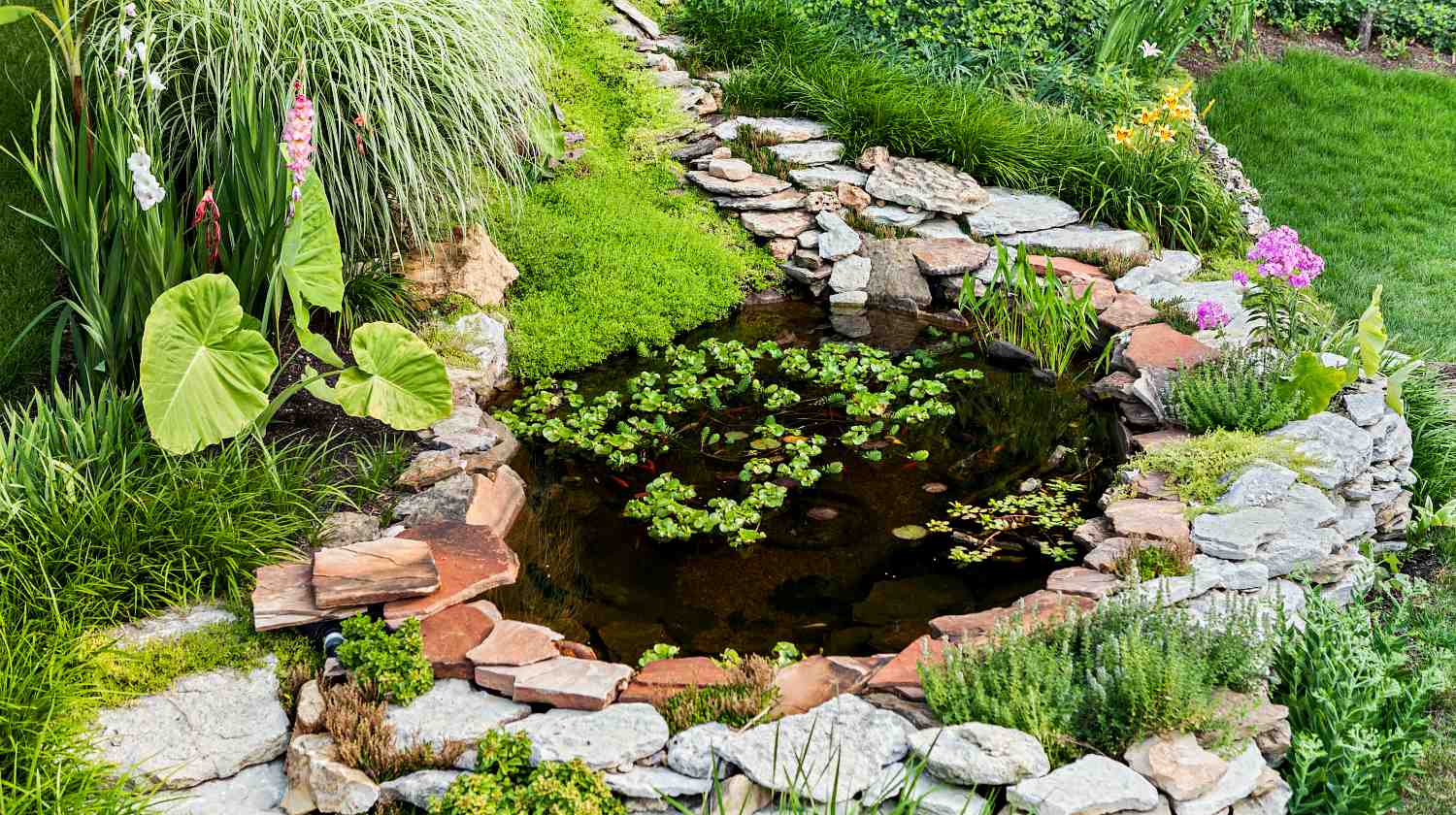



Pingback: Secrets To Growing Fruit Trees In Containers
Pingback: How To Identify Edible Insects And Eat Like A King After TSHTF